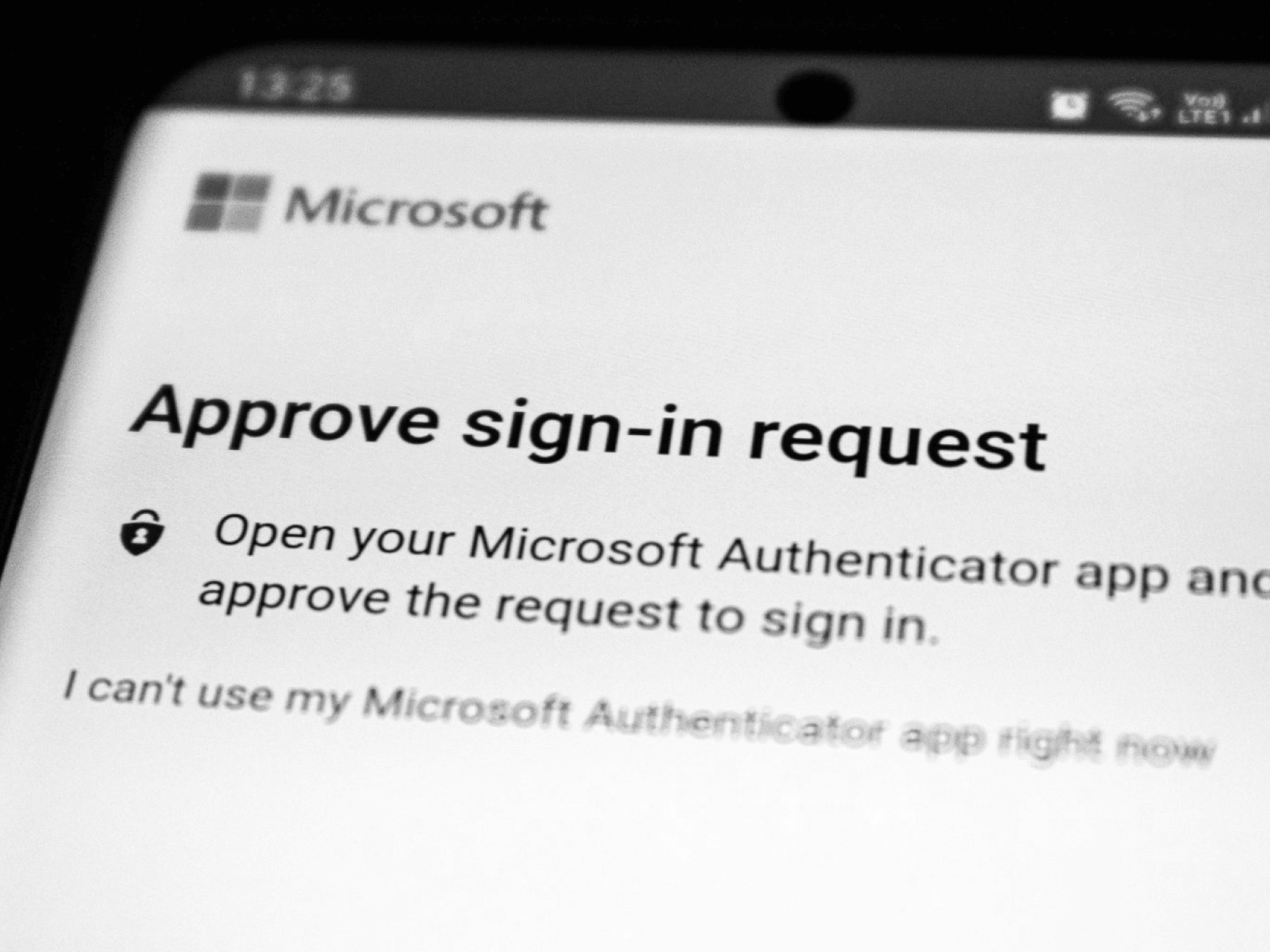According to the 2021 Verizon Data Breach Investigations Report, around 61% of the breaches that were included in the investigation were caused by the leveraging of stolen or weak passwords by cybercriminals. This staggering percentage highlights the importance of enhanced security procedures, like MFA, when it comes to passwords.
Multi-factor authentication, better known as MFA, is a step in the right direction for companies that want to increase the strength and security of business credentials. MFA authenticates the identity of a person by using two different methods before it grants access to applications, networks, or accounts.
If you want to learn a little bit more about MFA, you’re in the right place. Here are three important things to know about multi-factor authentication as it gains traction for enhanced cybersecurity across all industries.
MFA is Everywhere
Even if you haven’t noticed it yet, so many consumer-facing online services have started to offer or require MFA for account access. This layered approach to security is now being used for social media accounts, online banking login, and email providers. This frequent use by consumer services will only increase the acceptance and wide usage of MFA.
MFA is Crucial for Zero Trust Environments
For organizations that strive to create a zero-trust environment, MFA is a must-have. Zero trust is an intentional approach to cybersecurity that eliminates implicit trust. This approach means that identities are validated continuously at every stage of access.
MFA Offers Options to Users
When it comes to MFA, there are a variety of ways to fulfill authentication requirements. For example, after entering your password, you can receive a unique code via text message to confirm your identity. If you don’t want to use texting, you can download an authenticator app that generates time-sensitive codes that you can enter in addition to providing a password. Hardware devices known as security tokens can also be used as independent tools that verify identity beyond a password.
Compared to traditional passwords, multi-factor authentication is significantly more secure and creates an environment that is much more difficult for hackers to breach. If your organization isn’t currently taking advantage of MFA, you can schedule a demo to learn about how it could help you qualify for cyber insurance and avoid the costs of a cyber attack.

